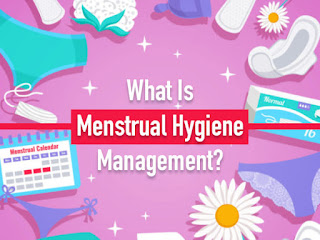Revolution Of Sanitary Napkins In India

Innovations change the way we live our lives. We use hundreds of products but the story behind their invention is often unknown. Sanitary Pad is an essential item for all people. In rural parts of developing countries, 95% of households cannot afford this essential item and switch to unhygienic alternatives such as old rags, newspapers, banana leaves, dust, etc. Not only is this a very impractical and uncomfortable alternative but puts their health in serious danger. “Women who do use cloths are often too embarrassed to dry them in the sun, which means they don’t get disinfected. Approximately 70% of all reproductive diseases in India are caused by poor menstrual hygiene – it can also affect maternal mortality.” However, these cultural norms did not stop technological innovation: the first disposable pads hit the market in 1896. By the turn of the century, concerns about bacterial growth from inadequate clean...





